
In Photos: The Sharks of Venezuela
A lemon shark, up close
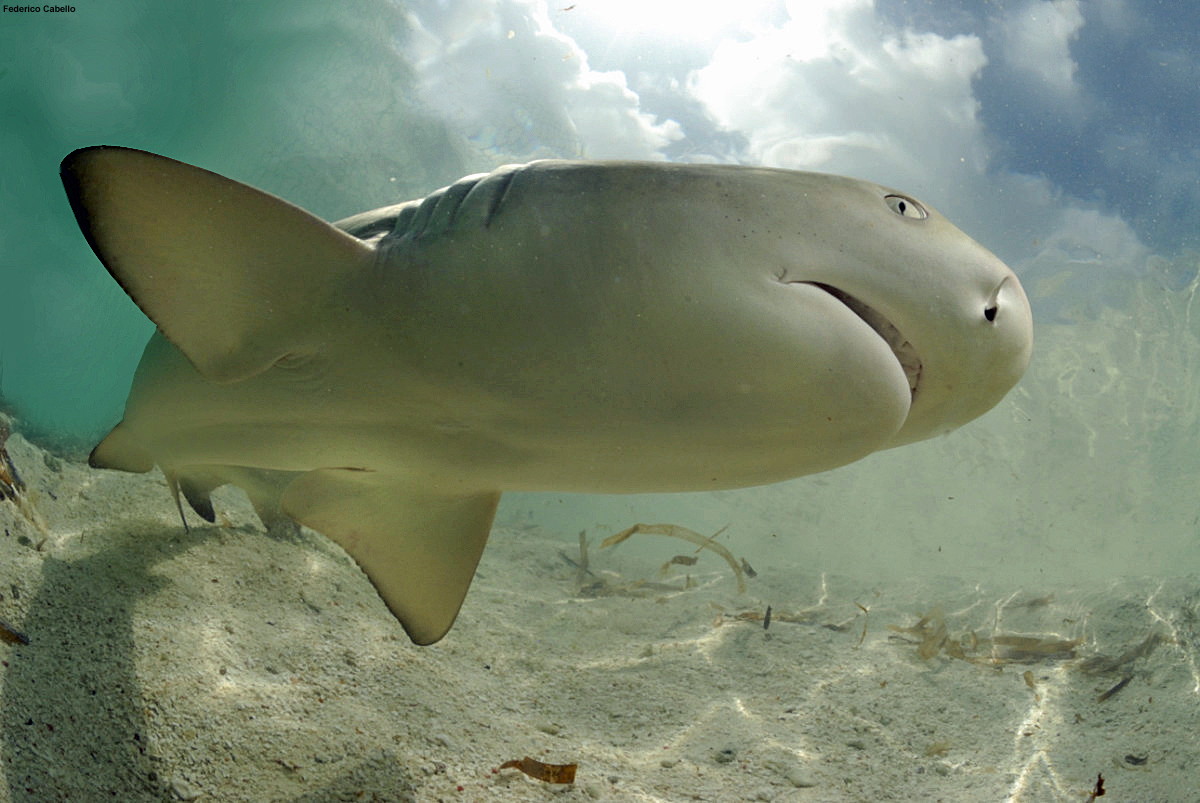
Venezuela has banned shark finning in its waters this week, making it the last country in the Americas to outlaw the practice, which involves cutting the fins off of a live animal and tossing its carcass back into the ocean to slowly die.
On The Move
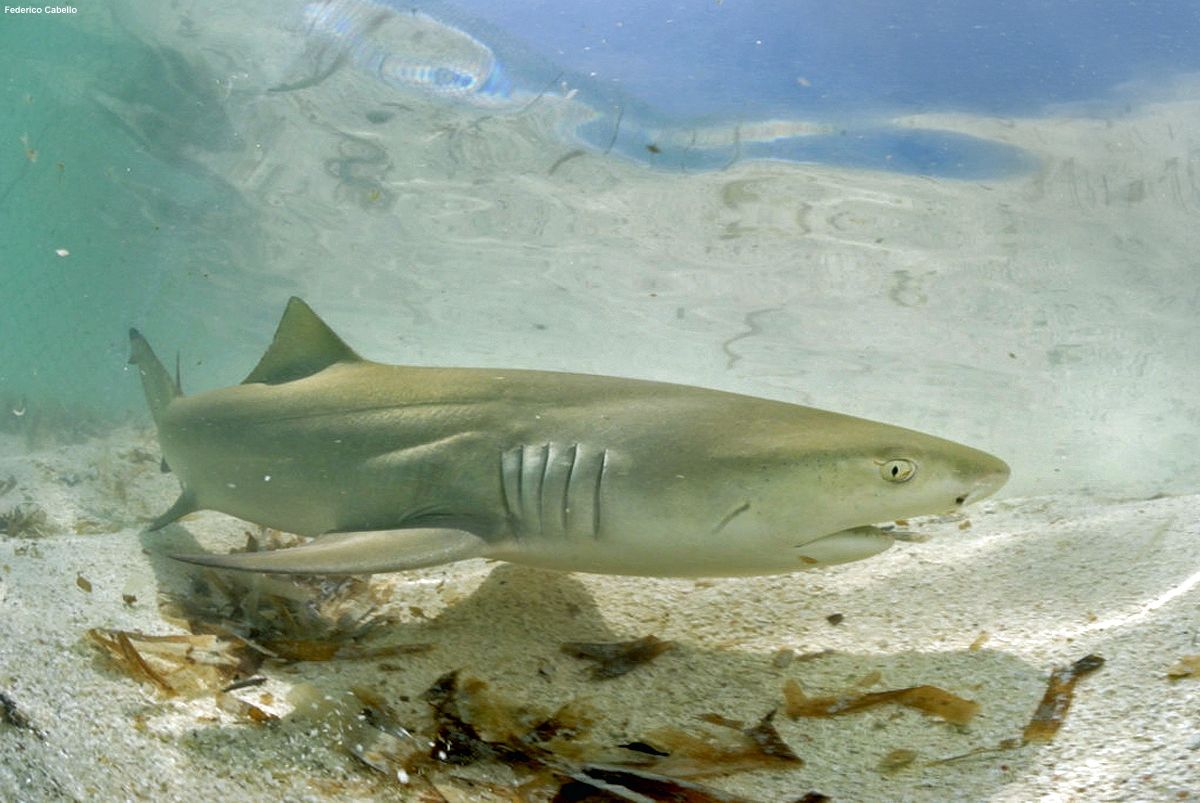
Lemon sharks are now protected by the shark fishing ban implemented in the Los Roques Archipelago off of Venezuela.
Los Roques, human (and shark) paradise
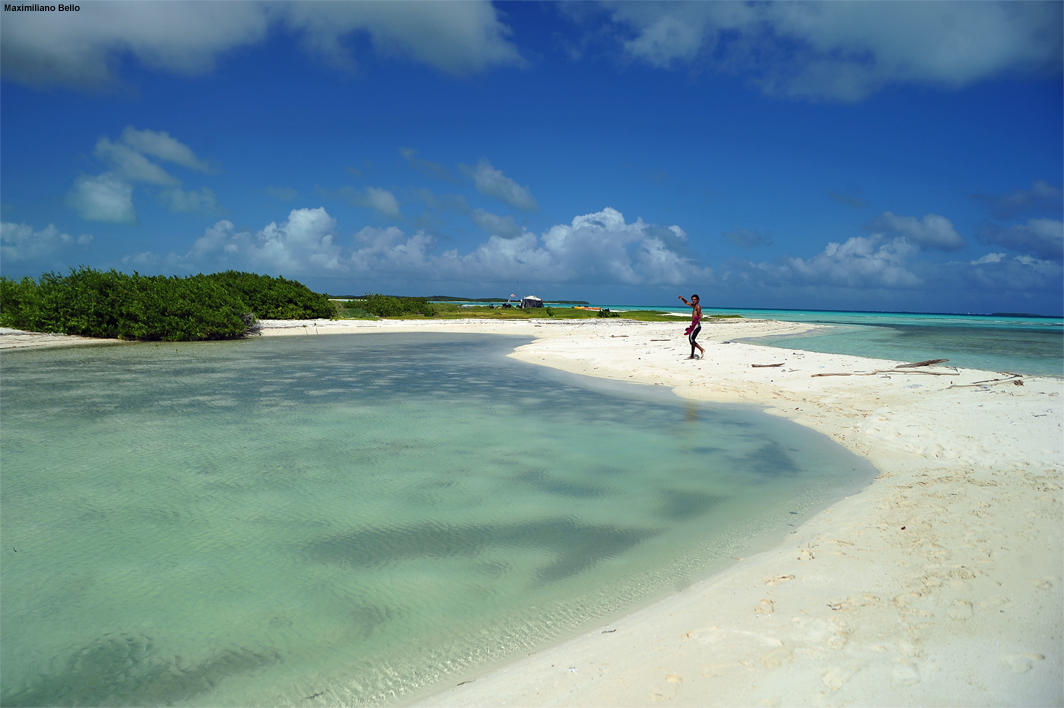
A marine paradise in the Caribbean Sea, Los Roques offers a wealth of natural resources.
Shark view
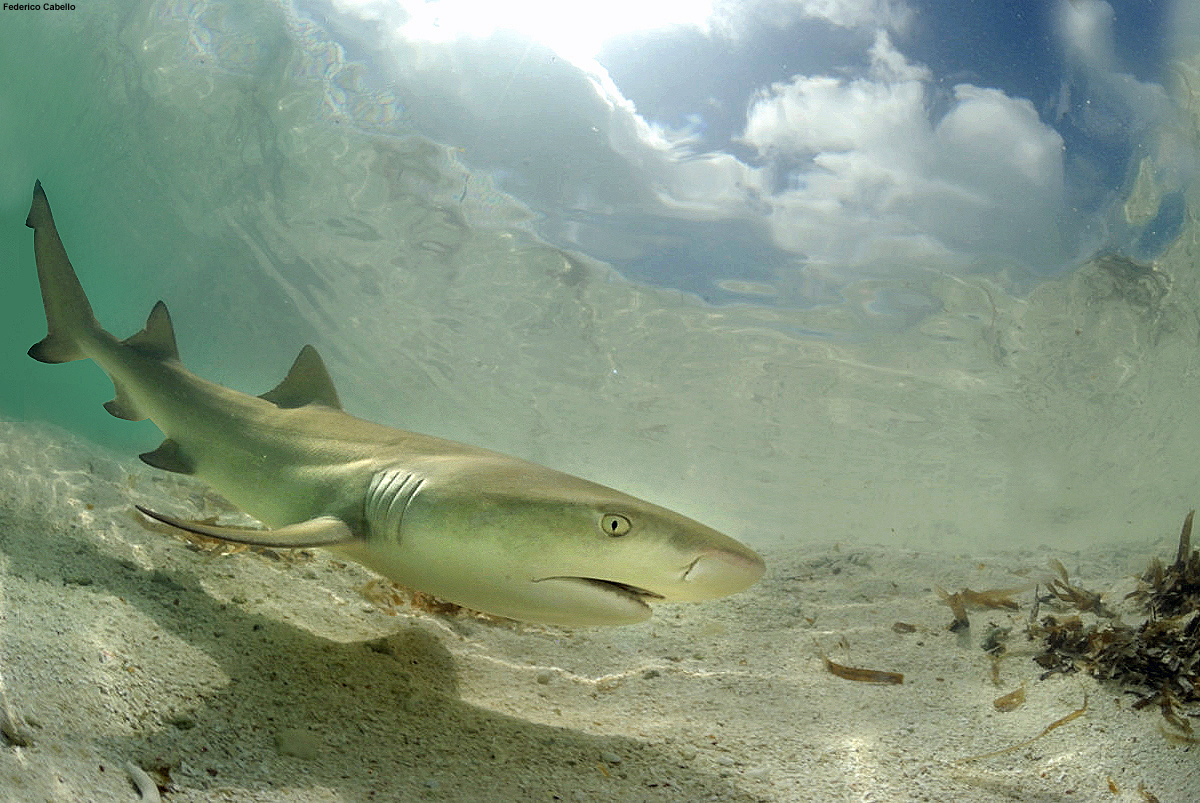
The sanctuary consists of 854 square miles (2,211 square kilometers) of the Caribbean Sea surrounding the Los Roques Archipelago.
The lemon shark stare-down
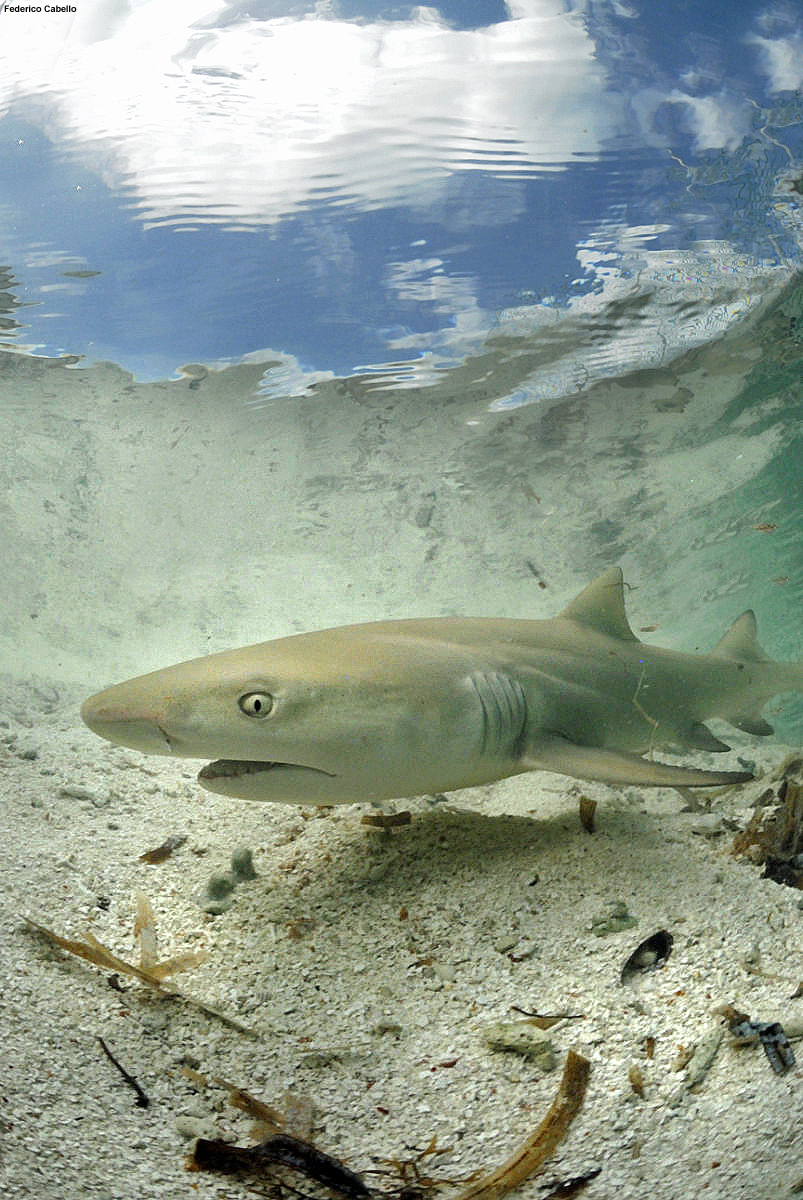
Sharks are highly susceptible to overfishing because they are long-lived, reproduce infrequently and have few offspring when they do. Scientists estimate that up to 73 million are killed annually for their fins, primarily due to increased demand for shark fin soup, particular in China and southeast Asia.
Tagging a young shark
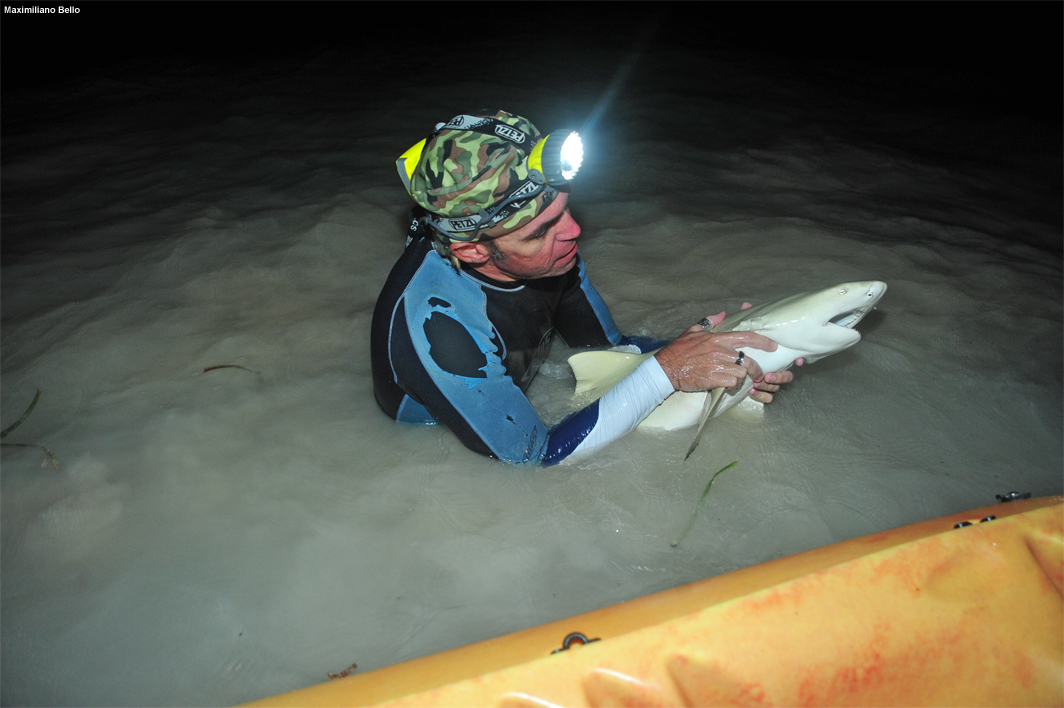
Researcher Rafael Tavares on a research trip, preparing to tag a juvenile lemon shark in the lagoons of Los Roques.
Get the world’s most fascinating discoveries delivered straight to your inbox.

